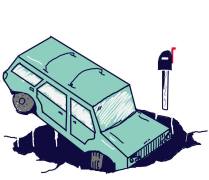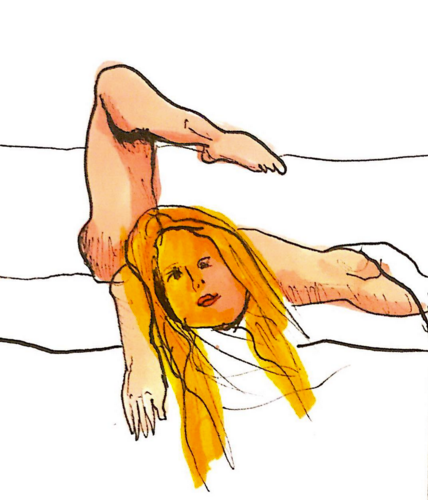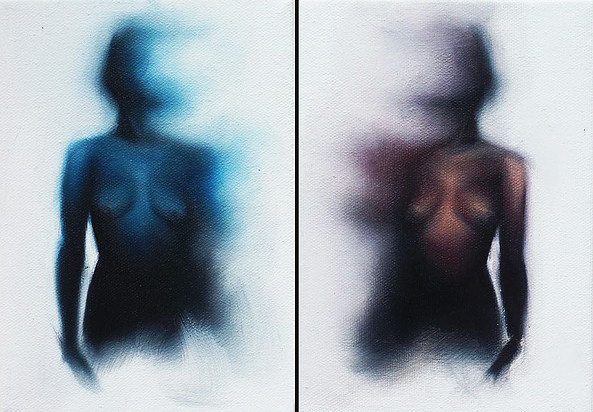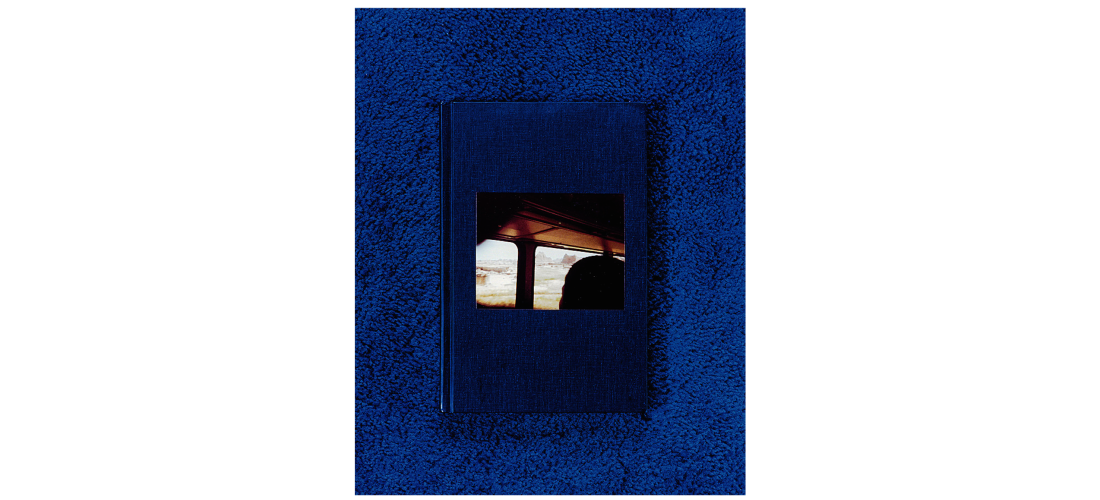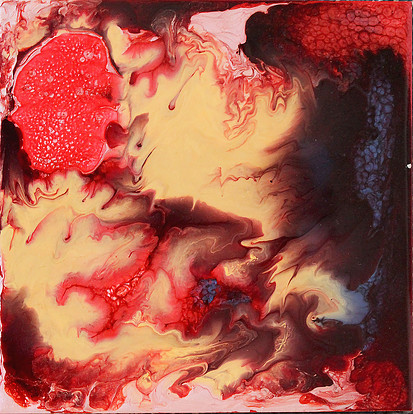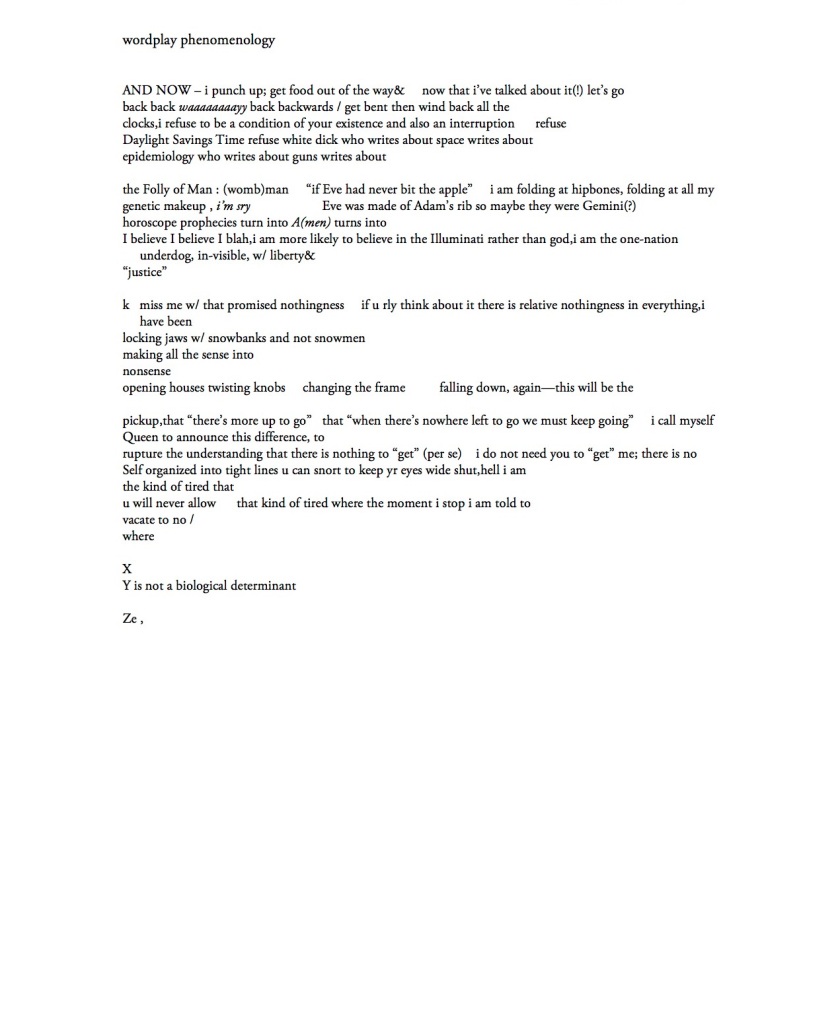By Danielle Cohen
Lean
There was nothing lean about it, because it was earth-shattering,
the way she tipped
her torso back, opened
her palm welcoming
all the energy of the universe and letting
it pulse through the feathers of her red dress,
(which leaned with her spine as it
curved into a backwards C, or a sideways U, depending
on how you look at it),
no,
it was rich with color with rhythm with soul,
it was rich with zealous with sultry with bold,
it made everyone forget about the trumpets,
the trumpets with their shiny brass, and
the midnight hands that moved up and down those
polished buttons, but the trumpets,
those didn’t even matter because she,
she was the melody, the beat, and the lyrics, and her
pointed pumps held up the one leg,
the one leg she leaned back on as her outstretched arm kept
her balance, so she didn’t crash into the bar
that separated me from her,
and I watched from behind those six inches of wood,
over a motley set of
tumblers,
martini glasses, and
empty bottles,
I leaned forward onto that bar
to watch her, and
the men leaned back on their chairs
to watch her, and
the martini glasses leaned back towards mouths,
to spill
their clear contents onto
desperate tongues, and
the whole room leaned
into the present and
tilted with her.
